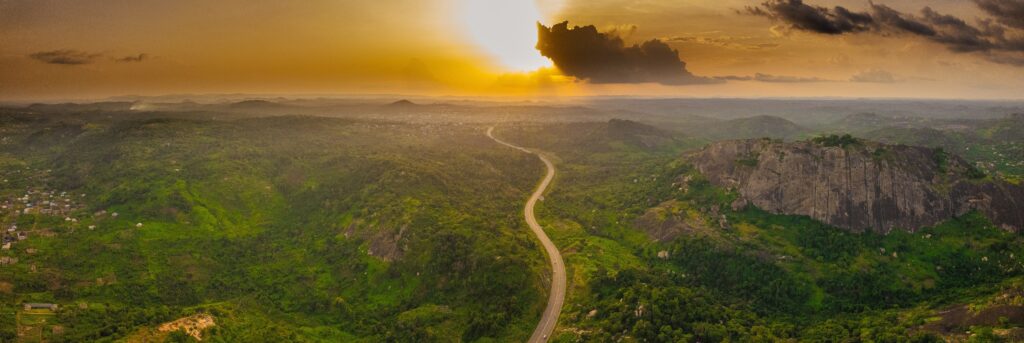
Nigerian Charcoal: A High-Quality, Eco-Friendly Fuel Source
Nigerian charcoal is becoming increasingly popular in international markets due to its superior quality, long burning time, and minimal ash production. Sourced from dense hardwood trees such as acacia, mahogany, and iroko, this charcoal is ideal for barbecuing, heating, and industrial applications. The durability and efficiency of Nigerian charcoal make it a preferred choice in countries across Europe, the Middle East, and Asia.
The favorable climate and forest resources in Nigeria allow for year-round production. Charcoal producers use traditional methods combined with improved kilns to ensure consistency and sustainability. While the production process remains largely manual, efforts are being made to modernize operations and reduce environmental impact.
One of the major advantages of Nigerian charcoal is its environmental friendliness compared to fossil fuels. It burns cleaner, produces less smoke, and releases fewer pollutants. This makes it a viable alternative for households and industries looking to reduce their carbon footprint. Additionally, the charcoal trade supports thousands of local jobs and contributes significantly to Nigeria’s non-oil exports.
Exporters often package the charcoal in 25kg or 50kg bags, making it convenient for transportation and storage. Its low moisture content and high carbon percentage ensure excellent combustion properties, making it stand out in the global charcoal market.
As demand continues to grow, there is increased focus on sustainable harvesting practices to protect Nigeria’s forests. Many producers are also exploring certifications and eco-labels to appeal to environmentally conscious buyers.
In conclusion, Nigerian charcoal offers a perfect combination of quality, efficiency, and sustainability. Whether for grilling in Europe or powering industrial furnaces in Asia, it remains a trusted and reliable fuel choice.
